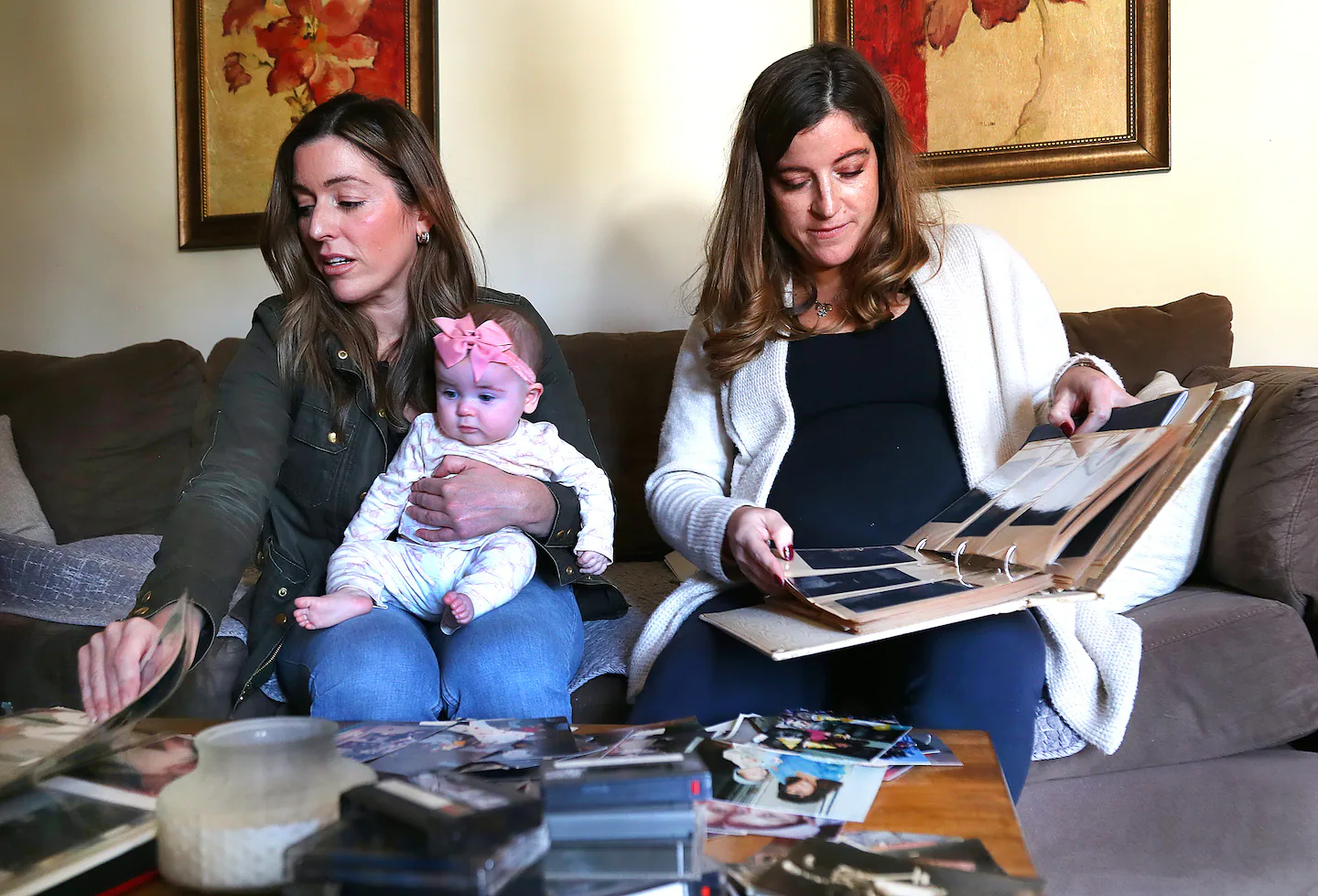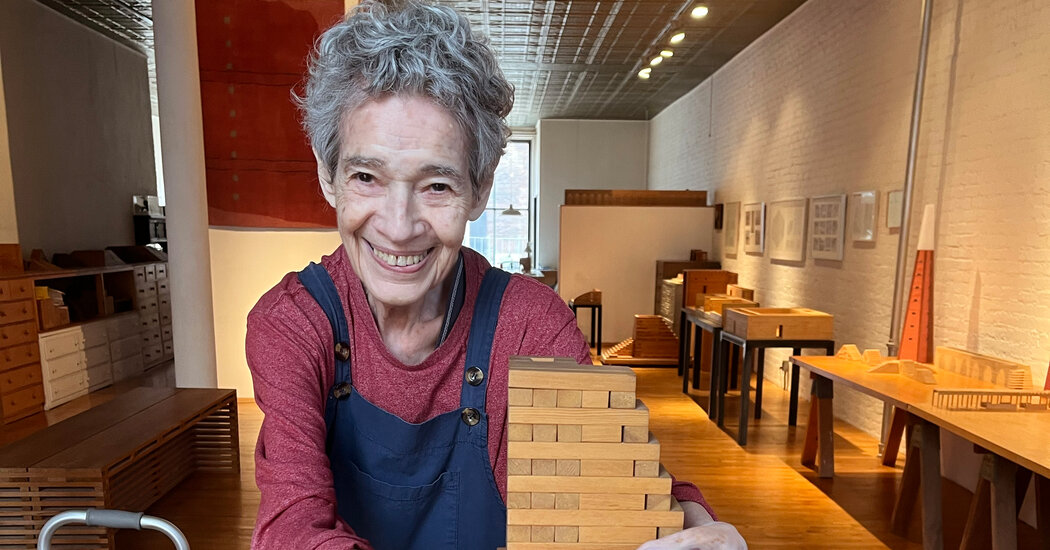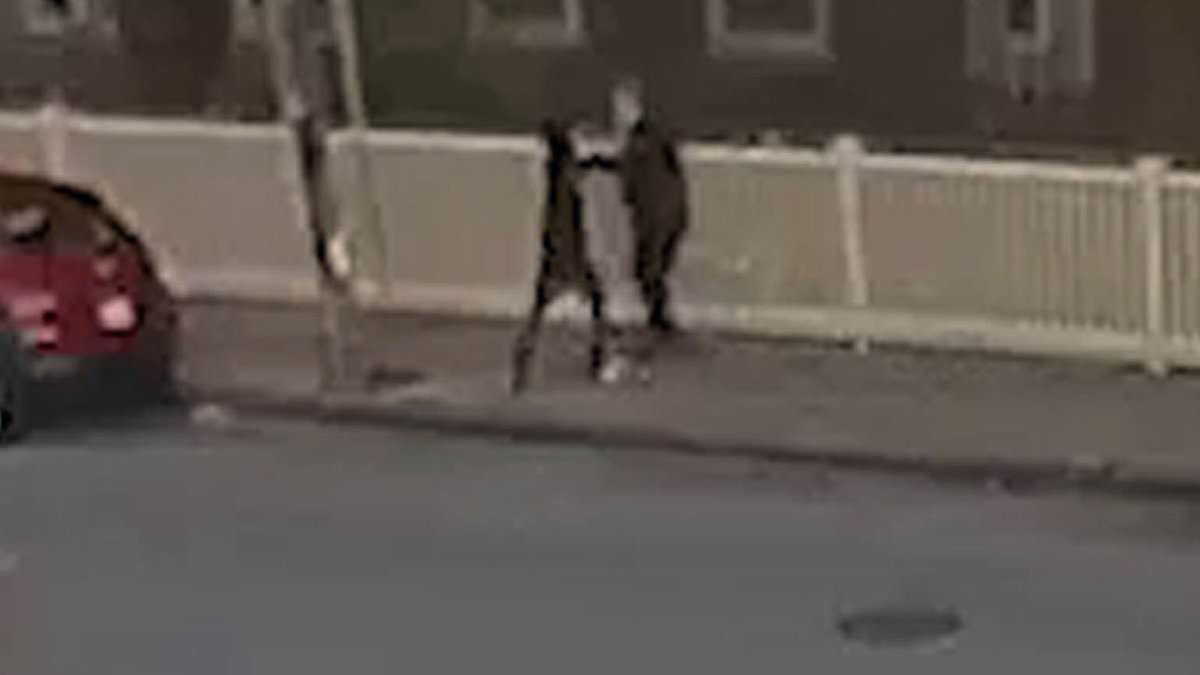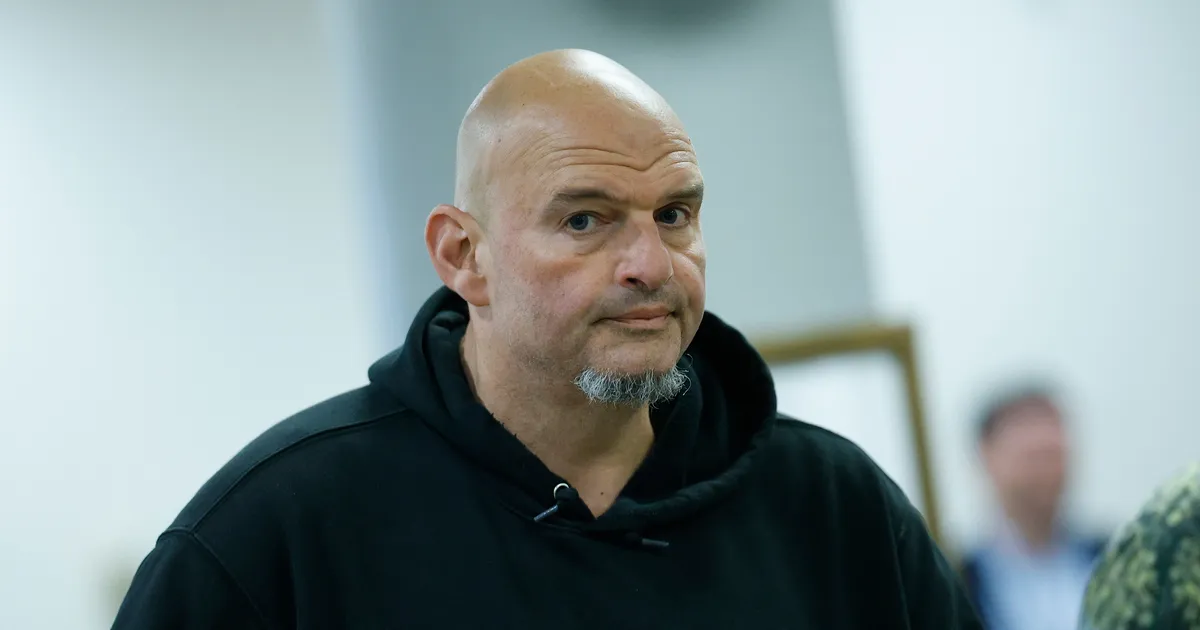Copyright The Boston Globe

Last week, the family learned that Molea, 61, had been killed in a shooting not far from the women’s shelter in Roxbury where she often stayed. Police have released few details, including whether they believe she was an intended target. No arrests have been made. Officers found Molea lying facedown next to a bus shelter on Washington Street, according to a police report. She was later pronounced dead at the hospital. It was a horrific ending to an already painful story. “We knew we’d get a bad phone call someday, but we didn’t think it would be this,” her first husband, John Calnan, said. “A tragedy.” The shooting unfolded around lunchtime on a rainy Monday, marking the city’s 27th homicide of the year. It left residents uneasy and upset, especially members of the homeless community around Roxbury and the South End. Like many others, Molea relied on nearby shelters and service organizations. Her killing underscores the inherent risks that often come with homelessness, said Jose Colon, an unhoused resident of the area. “You’d think a bus stop would be safe, but this happened in broad daylight,” said Colon, 46. “That’s how you know people don’t care about human life.” Long before receiving the news, Molea’s family witnessed her descent into mental illness, which began more than two decades ago. In their memories, her life is starkly divided into a before and after. There’s the vibrant young mom whose world revolved around her children. That’s the era they remember fondly — before she became distracted and delusional, left the workforce, and lost her housing. “We just don’t know what happened,” said her daughter Krysta Calnan, 35. “It plagued everybody for years, and then I guess you just kind of accept it.” A newspaper clipping from 1981 shows Molea in her high school cheerleading uniform, clapping enthusiastically despite the team’s impending loss. Another shows her as homecoming queen, standing next to Lynn’s mayor with a huge bouquet of flowers. A 1982 article in the Lynn Daily Item said Molea was voted most school spirit for her senior class superlatives. After college, she quickly passed the exam to become a registered nurse, according to the Daily Item. She later worked at a Lynn elementary school and a local hospital, among other places. In 1996, she ran the Marathon to raise money for a childhood leukemia patient, the paper reported. Her neighbor wrote a letter to the editor about a close call on race day: Molea accidentally left her number in the car when her then-husband dropped her off at the starting point that morning, but he realized the mistake and rushed back just in time to deliver the forgotten envelope. “In spite of the hour of anxiety she had just gone through, Marie ran the marathon and crossed the finish line at 4:32:50,” the letter read. That was a happy time, John Calnan recalled. The couple met in elementary school and dated as teens. After getting married, they bought the house next door to Molea’s parents. Many weekends were spent shuttling their four kids to baseball, football, and Irish step dance. It was hectic, but that’s “the stuff you live for,” he said. They divorced in the late 1990s, but he stayed in touch with Molea through the years and helped her out when he could. Their two adult daughters visited his house last week and looked through old family photo albums. The pictures show Molea hugging her children, dancing at a wedding, and flashing a radiant smile. In each image, she looks confident and carefree. Her daughters said Molea was an attentive mother who fully embraced the role. She would dress them in matching outfits and throw big birthday parties when they were young. Even after the paranoia set in, her concern for her children was paramount, they said. She would sometimes call 911 to report bombs planted in their house and other imagined dangers. Molea’s family wants her to be remembered as a whole person, despite her complicated history and the circumstances of her death. “She never would have been in that situation otherwise, if not for her mental illness,” said Keara Calnan, 38. “I think that’s what bothers us the most . . . that she was alone.” Molea also suffered from lupus, an autoimmune disease that can impact mental health. She discussed her diagnosis with other women who frequented Rosie’s Place, a shelter and community center in Roxbury. Molea was a familiar presence in the area. Neighborhood residents described her sweet nature and generous spirit that persisted even when things looked hopeless. With her training and experience as a nurse, she often came to people’s aid. “If someone was on the ground, she was the first to run to help,” said Andrea Corin, 62, who considered Molea a close friend. She said Molea supported her through the death of her husband and a recent overdose. Molea would bring her little presents and pick up her prescriptions whenever Corin couldn’t make it to the pharmacy. Corin said she stayed in bed the day Molea was killed, which she regrets. The women relied on each other to help navigate a precarious existence. “Homelessness, substance abuse, mental illness — it’s like a round robin. Once you get on, it’s so hard to get off,” said Shari Delgiudice, 61, who also knew Molea from Rosie’s Place. She said there’s a dire need for more robust services to help people like Molea: “If she had been housed, everything would have been easier.” John R. Ellement and researcher Jeremiah Manion of the Globe staff contributed to this report.



